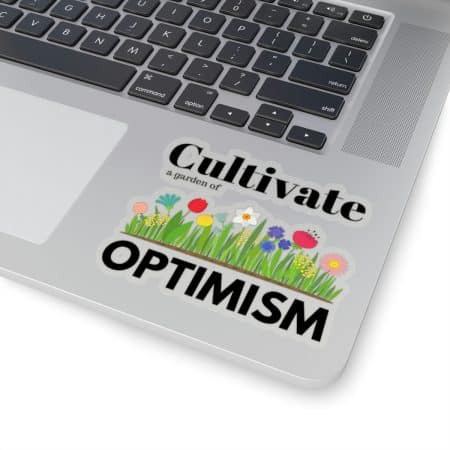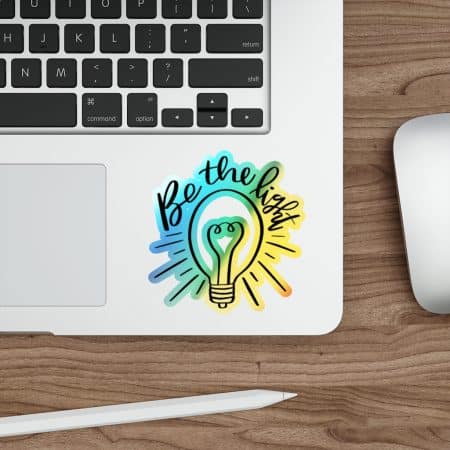Let’s discuss mindset in skill development. When we think about acquiring a new skill, there might be several details and technicalities – like the mechanics, the steps involved, and the numerous tools or resources we need. While these are undoubtedly essential, mindset also comes into play.
Applying The Right Mindset for Skill Development
The term “mindset” is more than a modern buzzword. It’s a powerful, transformative way of thinking that can influence the trajectory of our learning journey. It’s our lens and how we perceive our abilities and potential. It’s so influential that it can either propel us toward mastery or hold us back in a loop of stagnation.
So, how does our mindset affect our skill development, and how can we cultivate the right attitude for optimal growth?

The Power of Mindset
Psychologist Carol Dweck popularized the concept of mindset and identified two core mindsets: the fixed and the growth mindsets. A person following a fixed mindset way of life believes their abilities to be static and unchangeable. On the contrary, those following a growth mindset see their skills as malleable, capable of development through effort and perseverance.
Cultivating a growth mindset is a potent catalyst for skill acquisition. Part of the journey is embracing challenges, persisting when experiencing setbacks, working toward mastery, and learning from criticism. This mindset doesn’t shy away from failure but instead perceives it as a stepping-stone toward improvement.
Cultivating The Right Mindset
Cultivating a growth mindset requires conscious effort, but the rewards are worth it. Apply these tips to foster the right headspace for skill development:
Embrace The Learning Curve
At some time, every expert started as a beginner. Inevitably there will be a learning curve, and that’s okay. Embrace it. Understand that struggle and failure are not indicators of your inability but the natural progression toward mastery.
Practice Patience
Patience is an essential virtue when developing new skills. Mastery takes time. Many teach that it takes 10,000 hours to become an expert in anything. While this number may vary, the principle stands: mastery and skill development require patience and persistence.
Celebrate Small Wins
Remember to acknowledge the victories along the way. Each step you take to learn a new skill is a testament to your resilience and hard work. These small wins build momentum, boost motivation, and make the learning experience more enjoyable and sustainable.
Stay Open to Feedback
Constructive criticism is a gift. This feedback helps provide insights needed to improve and grow. Instead of taking criticism personally, view it as valuable information to help refine your skills and techniques.
Cultivate A Positive Attitude
Positivity is a choice. Choose to focus on your progress rather than perfection. Celebrate how far you’ve come rather than how far you must go. A positive attitude will make the journey more enjoyable and motivate you, even when the going gets tough.
The Journey Matters
Remember, the journey to mastery is as valuable as the destination. It’s a journey of personal growth, resilience, and self-discovery. And the right mindset with the ability to adjust your sails as you go can make the journey to mastery an enriching, empowering experience.
In pursuing skill development, your mindset is your most potent ally. It shapes your attitude, fuels your motivation, and determines your success. So, equip yourself with a growth mindset, and embark on your learning journey with confidence and enthusiasm. After all, the only limit to your potential is the one you set for yourself.
Updated 12/11/2023








